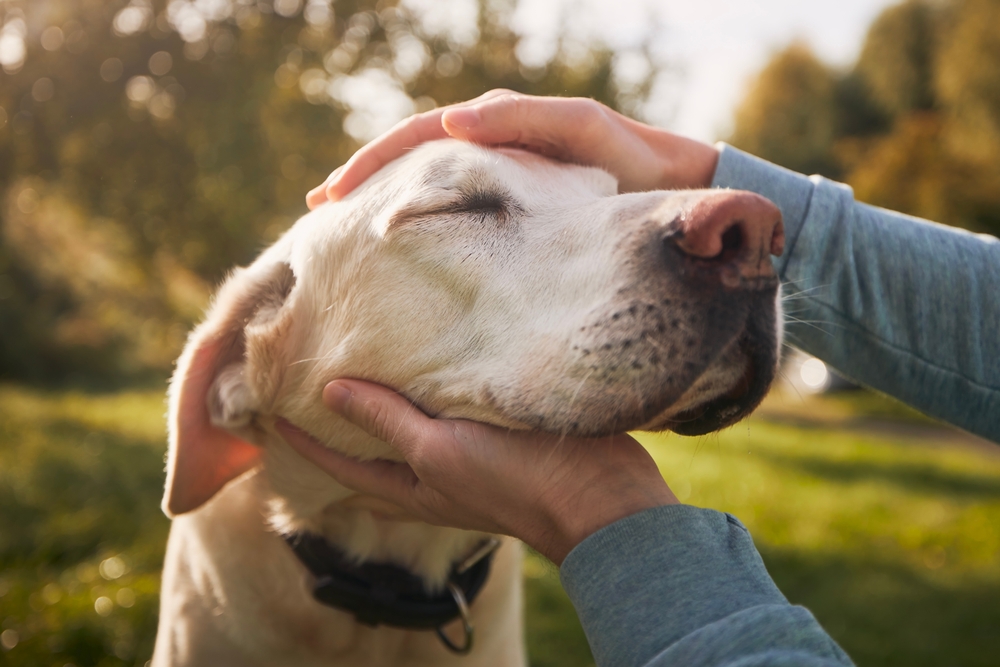
As our beloved pets grow older, it becomes increasingly important to provide them with the care and attention they need to maintain a high quality of life. Senior pets, just like their human counterparts, face unique challenges and require a tailored approach to their well-being.
Pets are considered "senior" when they reach a certain age, which varies depending on the breed and size of the animal. Generally, smaller dogs are considered senior around 7-8 years old, while larger breeds may reach that stage around 5-6 years. Cats are typically considered senior around 11-12 years of age. As your pet ages, they may experience physical and cognitive changes that require specialized care and attention.
Common Conditions in Aging Pets
As pets grow older, they become more susceptible to a variety of health conditions. Some of the most common issues faced by senior pets include:
• Arthritis and joint pain
• Dental disease
• Kidney or liver disease
• Cognitive decline and dementia
• Cancer
• Diabetes
• Thyroid disorders
It's important to be aware of these conditions and work closely with your veterinarian to monitor your pet's health and address any emerging issues promptly.
Proper Nutrition and Supplements for Senior Pets
Maintaining a balanced and nutritious diet is crucial for the well-being of your senior pet. As pets age, their nutritional needs may change, and they may require a diet that is tailored to their specific requirements. Consider the following:
• Senior-Specific Diets: Look for pet food formulas that are designed specifically for senior pets, as they often contain the right balance of nutrients to support aging bodies.
• Increased Protein: Older pets may benefit from a diet with slightly higher protein content to help maintain muscle mass and overall body condition.
• Omega-3 Fatty Acids: Supplements containing omega-3 fatty acids, such as fish oil, can help reduce inflammation and support joint health.
• Antioxidants: Antioxidant-rich supplements like vitamins C and E can help combat the effects of oxidative stress and support the immune system.
• Hydration: Ensure your senior pet stays well-hydrated by providing clean, fresh water at all times and potentially adding water to their food.
Consult with your veterinarian to determine the best nutritional plan for your senior pet's individual needs.
Mental Stimulation for Senior Pets
Just like humans, senior pets can benefit from mental stimulation to keep their minds active and engaged. This can help slow cognitive decline and maintain their overall well-being. Consider the following activities:
· Puzzle Toys: Invest in interactive puzzle toys that encourage your pet to problem-solve and work for their treats or food.
· Clicker Training: Clicker training can be a fun and rewarding way to teach your senior pet new tricks and reinforce positive behaviors.
· Environmental Enrichment: Introduce new toys, scents, or textures to your pet's environment to keep them curious and engaged.
· Socialization: Encourage your senior pet to interact with familiar people and other pets, as social interaction can be mentally stimulating.
Exercise for Senior Pets
Regular exercise is essential for maintaining your senior pet's physical and mental well-being. However, it's important to adjust the intensity and duration of exercise to suit their needs. Consider the following:
• Low-Impact Activities: Choose activities like short, leisurely walks, swimming, or gentle playtime to avoid excessive strain on their joints.
• Gradual Increases: Start with shorter exercise sessions and gradually increase the duration and intensity as your pet's fitness level improves.
• Variety: Incorporate a mix of activities to keep your senior pet engaged and prevent boredom.
• Respect Rest Periods: Allow your senior pet ample rest and recovery time between exercise sessions.
Consult with your veterinarian to develop an exercise plan that is safe and beneficial for your senior pet.
Creating a Comfortable and Safe Environment for Your Senior Pet
As your pet ages, it's crucial to create a comfortable and safe living environment to support their changing needs. Consider the following:
• Accessibility: Ensure your home is easily navigable for your senior pet, with ramps or steps to assist them in reaching their favorite spots.
• Soft Bedding: Provide your senior pet with soft, orthopedic bedding to alleviate pressure on their joints and muscles.
• Temperature Control: Maintain a comfortable temperature in your home, as senior pets may be more sensitive to extreme hot or cold.
• Stress Reduction: Minimize stressors in your senior pet's environment, such as loud noises or sudden changes, to promote a calm and relaxing atmosphere.
By making these adjustments, you can help your senior pet feel secure, comfortable, and content in their golden years.
The Importance of Regular Veterinary Check-ups
Routine veterinary check-ups are crucial for senior pets, as they can help detect and address health issues early on. During these visits, your veterinarian will perform a comprehensive physical examination, check for any changes in your pet's weight, body condition, or vital signs, conduct necessary diagnostic tests, such as blood work or imaging. Based on the finding, recommend appropriate preventative care, including vaccinations, parasite control, and guidance on diet, exercise, and overall care for your senior pet
Schedule a Consultation with Sugar Land Veterinary Clinic Today
Caring for a senior pet requires a multifaceted approach that addresses their unique physical, mental, and emotional needs. Every pet is different, so work closely with your veterinarian to develop a personalized care plan that caters to your senior pet's individual requirements. With the right care and attention, your senior pet can continue to be a beloved companion for years to come.
To ensure your senior pet receives the best possible care, schedule a consultation with Sugar Land Veterinary Clinic. We can provide personalized guidance and can create a comprehensive care plan that will keep your senior pet happy and healthy for years to come. Visit our clinic in Sugar Land, Texas, email Info@Sugarland.Vet, or call (281) 800-9003 to book an appointment today.






